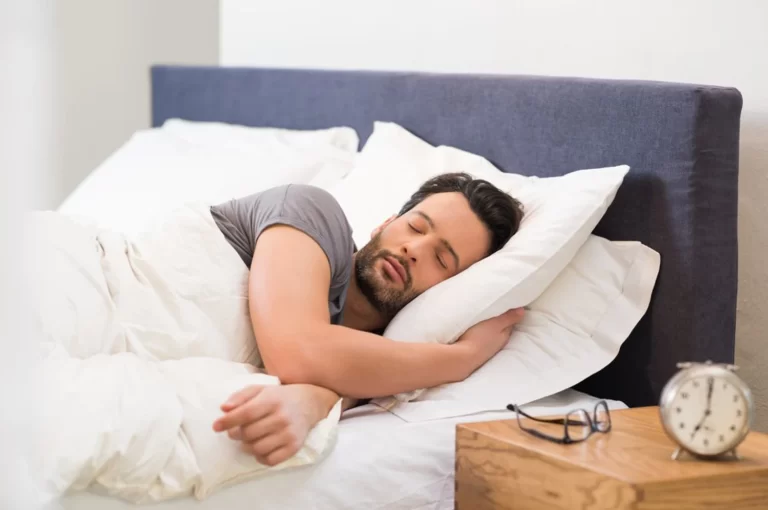As technology has become increasingly prevalent, getting a good night’s sleep has been challenging for many. Fortunately, the same technology that sometimes disrupts our sleep patterns is now being harnessed to create innovative sleep aids. The intersection of sleep science and technology has given birth to a new generation of sleep aids beyond traditional methods. These smart devices and applications are designed to track, analyse, and improve sleep quality and provide users with personalized insights and recommendations.
Rise of smart sleep technology
- Sleep tracking wearables
Wearable devices have come a long way from simple step counters. Many now offer advanced sleep tracking capabilities, monitoring various aspects of your sleep cycle.
- Sleep duration and quality
- REM, light, and deep sleep phases
- Heart rate and breathing patterns
- Body temperature fluctuations
These devices collect this data and an overview of your sleep patterns, helping you identify areas for improvement and track progress over time.
- Smart mattresses and bedding
The foundation of good sleep often lies in your sleeping surface—innovative mattresses and bedding systems are game-changers in the sleep industry.
- Adjustable firmness and support
- Temperature regulation
- Motion isolation
- Sleep tracking sensors
Advanced models even integrate with other smart home devices, adjusting room temperature or lighting based on your sleep patterns.
- Light therapy devices
Light is vital to regulating our circadian rhythms. Light therapy devices mimic natural light patterns, helping reset your internal clock and improve sleep-wake cycles. These devices benefit those suffering from jet lag or shift work sleep disorders.
- White noise and sound machines
While not a new concept, sound machines have undergone significant technological advancements. Modern devices offer a wide range of customizable soundscapes, from natural to ambient noise, helping mask disruptive environmental noises and create a more conducive sleep environment.
- Meditation and relaxation apps
Stress and anxiety are common causes of sleep difficulties. Meditation and relaxation apps leverage guided audio sessions, soothing music, and breathing exercises to help users unwind and prepare for sleep. Many apps integrate with wearable devices to provide personalized recommendations based on stress levels and sleep patterns.
Science behind modern sleep aids
As technology continues to evolve, so does our understanding of sleep science. Modern sleep aids are often developed in collaboration with sleep researchers and medical professionals and are grounded in scientific principles. One area of focus has been optimizing sleep environments. Research has shown that temperature, light, and noise significantly impact sleep quality. Many innovative sleep aids aim to create ideal conditions by addressing these environmental factors.
Personalization effective sleep solutions
One of the most significant advantages of technology-driven sleep aids is their ability to offer personalized solutions. By collecting and analysing individual sleep data, these devices provide tailored recommendations that address specific sleep concerns. This personalized approach extends to the timing of sleep interventions as well. Some advanced sleep aids use artificial intelligence to learn your sleep patterns and preferences, automatically adjusting settings to optimize your sleep environment throughout the night.
The quest for the best sleep aid continues to drive innovation in sleep technology. As these solutions are more sophisticated, they offer hope to those struggling with insomnia and other sleep disorders. By leveraging data, personalization, and cutting-edge technology, modern sleep aids are helping people around the world achieve better, more restorative sleep. a


Comments are closed.